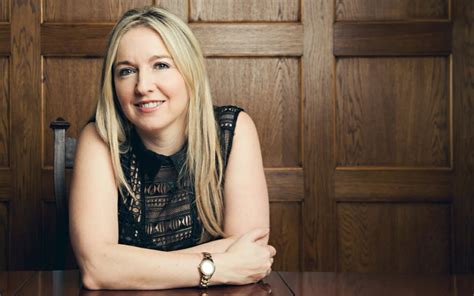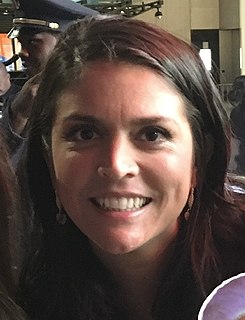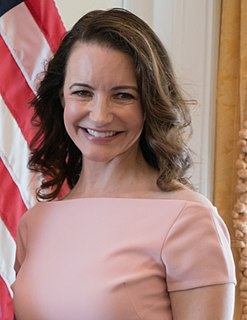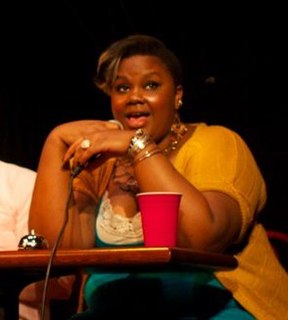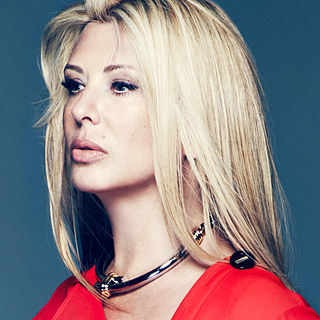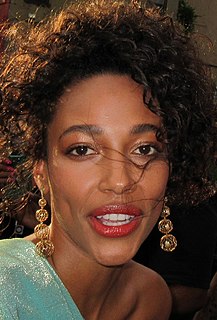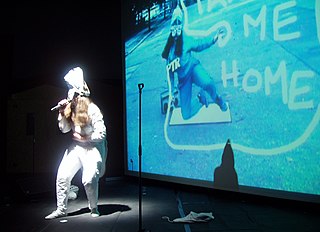A Quote by Victoria Coren Mitchell
Women are under-represented in TV comedy for a variety of reasons, the hackneyed 'fear that women aren't funny' being one of them.
Related Quotes
Comedy in the past hasn't spoken to women because it wasn't written by women, and male writers don't make women three-dimensional characters. Too often, women just facilitate the man's comedy: they're not crazy; they're not funny. But women are as vulgar as they are elegant, as stinky as they are smelling of eau de parfum.
I think women have always been funny. But when Tina Fey became head writer at 'Saturday Night Live,' the culture shifted, and women gained a bigger voice in comedy. It's not as if Hollywood producers are feminists. It's more that Hollywood said, ''Bridesmaids' made us so much money, all we want now is funny women.'
I so often heard from women that they saw this beautiful fashion, but it didn't always work for them - whether it was cultural reasons, lifestyle reasons, body type reasons. So it seemed like in my mind there was a gap there, that women really wanted to be able to customize items to fit their needs and their tastes.
He feared me as many men fear women: because their mistresses (or their wives) understand them. They are scarcely adult, some men: they wish women to understand them, and to that end they tell them all their secrets; and then, when they are properly understood, they hate their women for understanding them.
